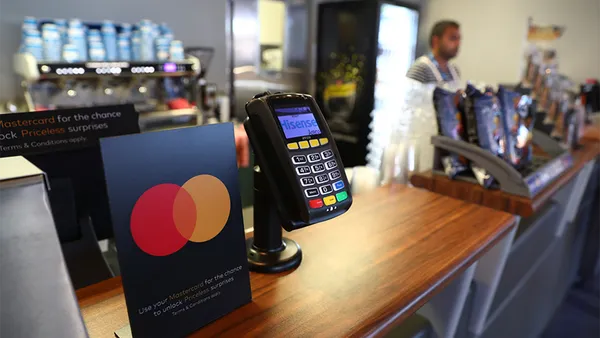Dive Brief:
- A courier for the English firm City Sprint won a lawsuit against her employer, whom she charged with misclassifying her as self-employed, reports BBC News.
- A tribunal ruled that Maggie Dewhurst was entitled to all the basic rights of an employee, including holiday pay, vacation pay and a wage equal to the national minimum.
- The Dewhurst legal challenge is the first of four such law suits against other courier services, including E-courier, Addison and Excel. Uber drivers filed and won a similar suit in 2016.
Dive Insight:
Employers minimize the risk of being sued over job misclassification by being clear in job postings and interviews whom they’re looking to hire.
Are they specifying in ads whether jobs are contracted or temporary work arrangements? Are their ads using gig economy job titles, such as freelancer, temporary worker or contractor? And are they making it clear in interviews that they’re not filling a staff position. Workers need to know the rules, too, before taking on assignments.
Employers must also understand how not to treat workers who aren’t on their payroll. The Fair Labor Standards Act, Employee Retirement Income Security Act and IRS have rules on classifying workers or what benefits workers classified as employees are entitled to. These agencies were ahead of the gig economy — and even contractors and temp workers themselves — in defining the differences between employees and other workers.
The ruling in Vizcaino v. Microsoft Corp.,120 F.3d 1006 (9th Cir. 1997) serves as a cautionary example for those employing independent contractors, temporary workers or freelancers. Workers hired by Microsoft through its temporary agency sued the company and won. The appeals court ruled that Microsoft treated them like employees and therefore owed them back pay and other benefits, including the stock-buying options that turned many Microsoft employees into millionaires. The settlement cost the company $97 million.










